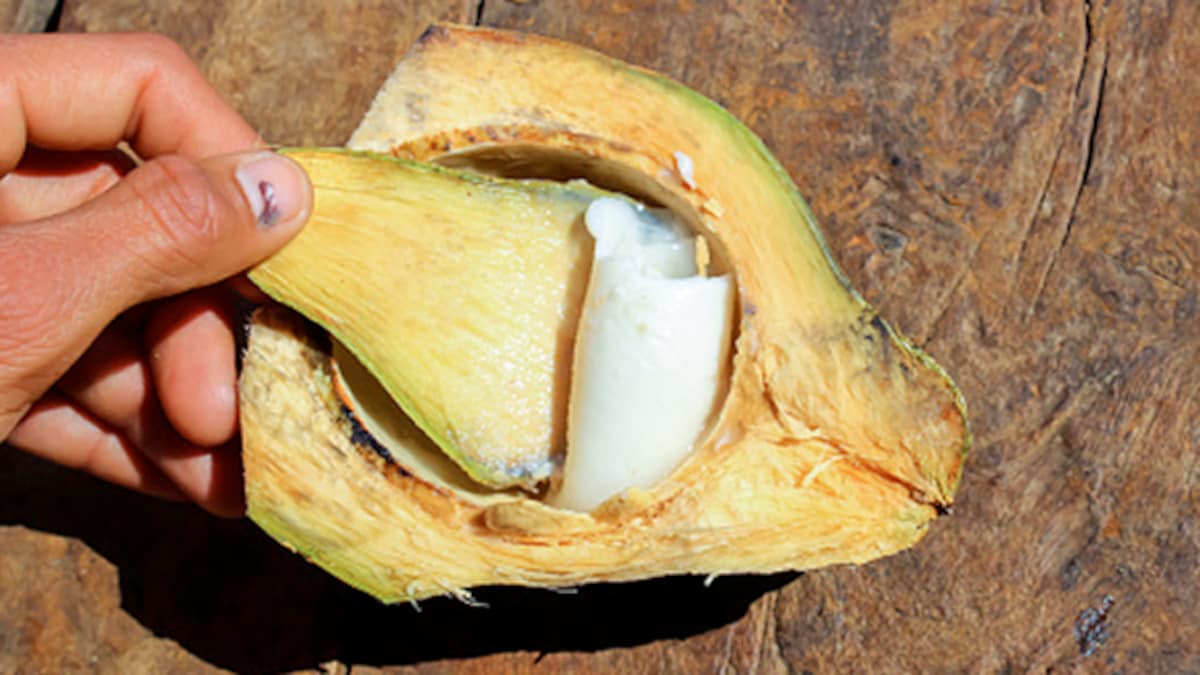Let’s face it, grocery prices are more mind-boggling than ever at the current moment. On the one hand, the ominous air of inflation has begun to die down, as the Labor Department recently reported that consumer prices fell 0.1% in December, which is the most it has dropped in three years. And on the other hand, we still can’t find affordable eggs—prices reportedly rose 60% in 2022 alone. While many of us have yet to decide whether or not we should be hopeful or start raising our own chickens so that we can have eggs again, there’s also the looming post-holiday stress that comes from spending all of our money on gifts and travel in the month of December. With all of this talk around food prices this month, a lot of us are wondering if it’s possible to even eat healthy while being on a budget.
Eating healthy has been shown to technically cost more than “unhealthy” eating because things like fast food and processed food usually cost less. According to research from the Harvard School of Public Health, the healthiest diets cost around $1.50 more than the unhealthiest diets per day. Statistics like this can feel really discouraging, so we wanted to get to the bottom of how to have a healthy, balanced diet that we love, while still saving as much money as possible.
To learn more about eating healthy on a budget, we talked with a couple of expert dietitians about their favorite pieces of budget-friendly advice. Read on to see what they have to say, and for more healthy eating tips, check out 8 Healthy Foods That Can Also Be Toxic—And Even Fatal.
Buy frozen fruits & vegetables

Shutterstock
Buying fresh fruit and vegetables not only can be a bit more expensive in some stores, but the quickest money waster is buying fresh produce that ends up going bad before you have time to use it. The solution? Buying frozen.
“Frozen fruit and vegetables have a long shelf life, and often cost less than their fresh counterparts,” says Amy Goodson, MS, RD, CSSD, LD, author of The Sports Nutrition Playbook and member of our Expert Medical Board. “Many people don’t like buying a lot of fresh produce because it has the ability to go bad quickly, but frozen produce can typically stay safely in your freezer for up to 6 months, which can help you eat more fruits and veggies and prevent food waste.”
Many people avoid buying frozen because they feel that fresh is better when it comes to nutritional value, but this isn’t true. “I often get asked if frozen produce is as healthy as fresh,” says Sydney Greene MS, RDN. “The short answer is yes—and many times, some frozen vegetables and fruits have more nutrients than their fresh counterparts.”
Read the full article here.




